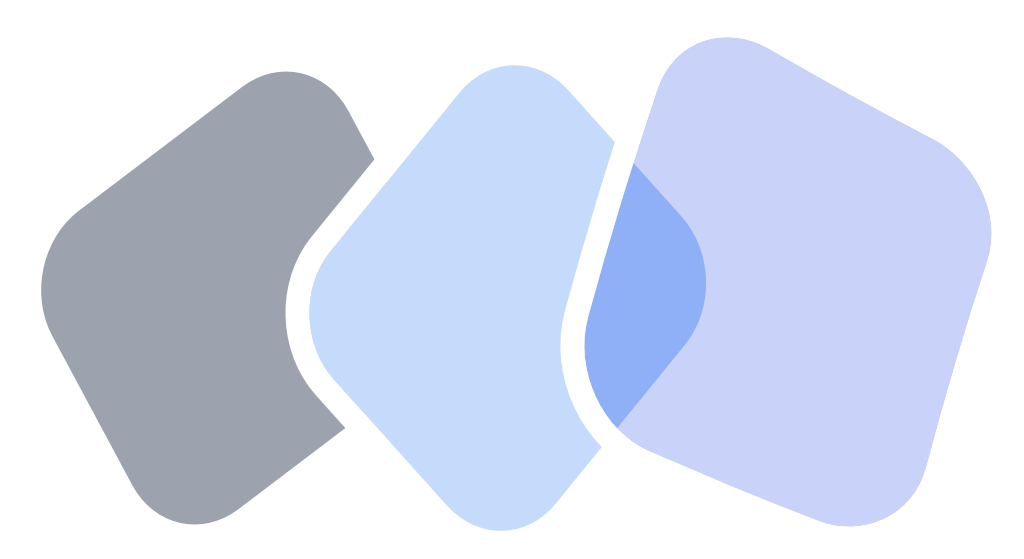Humanity faces a stark and urgent choice: breakdown or breakthrough. UN Secretary General
Over the early months of 2024, I supported UNU-WIDER in a process to update its organisational theory of change (ToC) to guide its new work programme on the three mega challenges of our age - climate change, conflict and inequality.
Through its collaborations with a global network of expert researchers and advisers, UNU-WIDER provides economic data, evidence and analysis knowledge to address poverty, inequality, and vulnerability. UNU-WIDER's unique blend of roles as a think tank, research institute and UN agency allows it to help countries improve policies and their implementation and have a broad impact.
UNU-WIDER's new work programme, 2024-27, aims to tackle the three mega challenges of our age:
- climate change - how to enable just energy transitions to reduce human-induced global warming
- conflict - how to build sustainable peace in conflict-affected societies
- inequality - how to reduce persistent inequalities across and within countries.
New country and policy-relevant evidence, data and analysis on these challenges will contribute to how the world navigates, in the words of the UN Secretary-General, its current ‘stark and urgent choice: a breakdown or a breakthrough’.
A unique feature of UNU-WIDER's ToC process has been bringing together all the Institute's staff into the ToC dialogue. This includes staff from operations, finance and HR alongside country teams and researchers.
The aim was to draw on the rich diversity of skill-sets and perspectives across the Institute, and engage everyone in setting out their contributions to the new work programme and the Institute's mission.
I designed and facilitated a two day retreat in January, attended by over 60 UNU-WIDER staff members. Staff reflected on and shared lessons from the previous work programme; reviewed the ToC; and designed the research directions and ways of working to take forward the new programme.
After an energising and inspiring two days, participants fed back that they appreciated the opportunity to spend time with colleagues, sharing perspectives on the new Work Programme and ToC. This renewed the sense of positivity that the Institute is one team working together towards the same goals - to contribute to tackling the most pressing challenges of our times.

